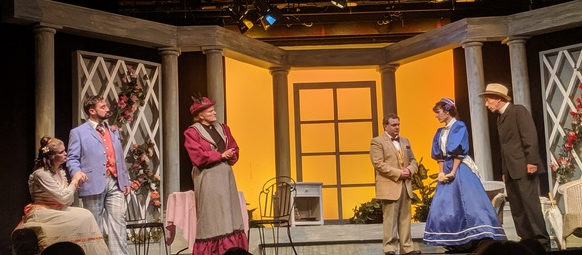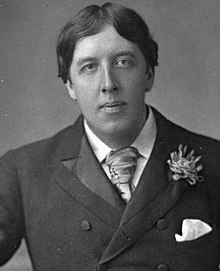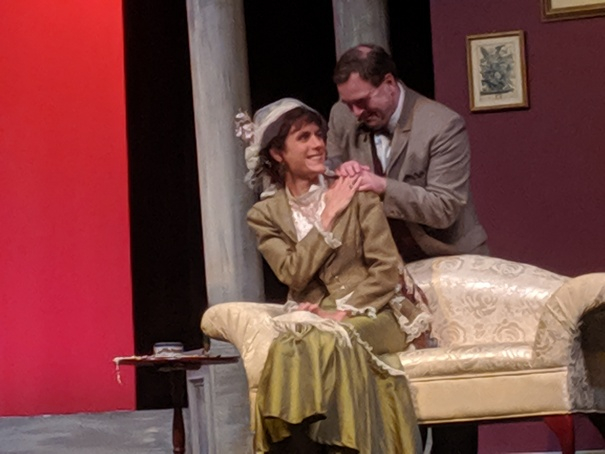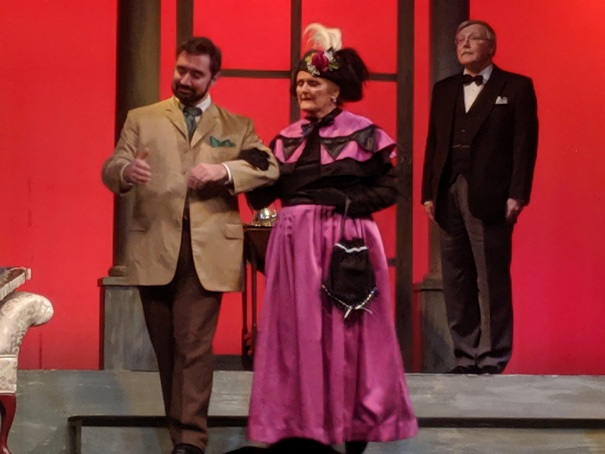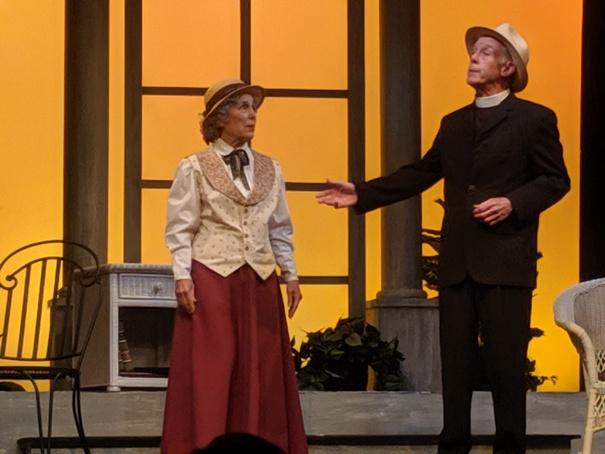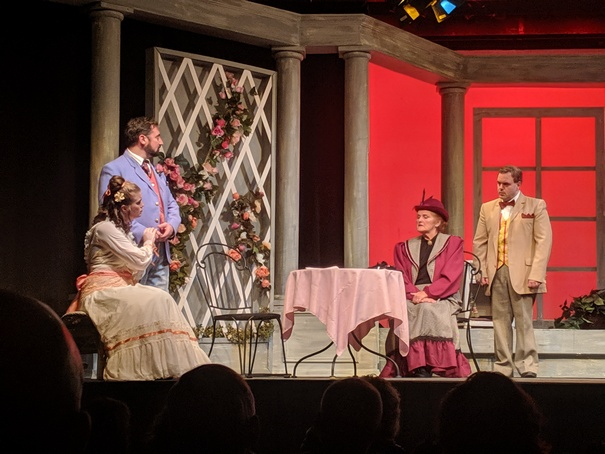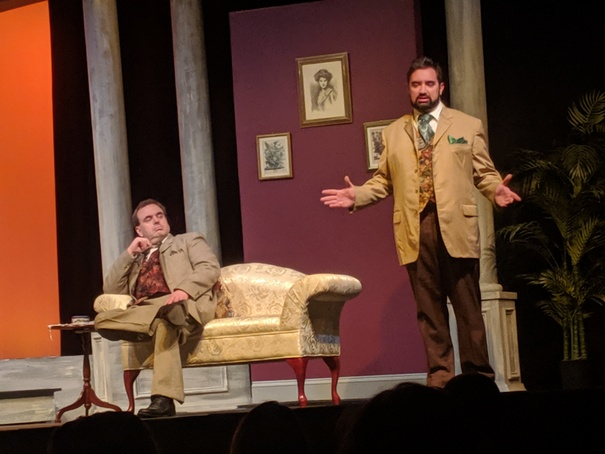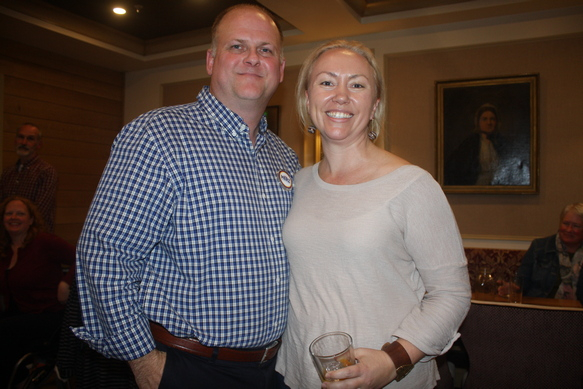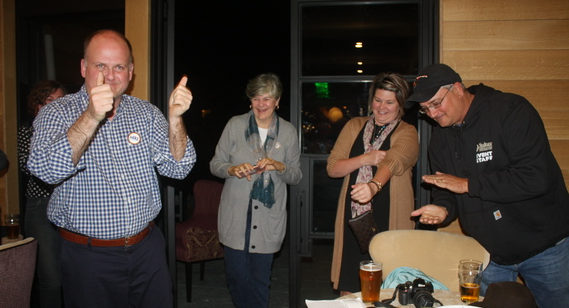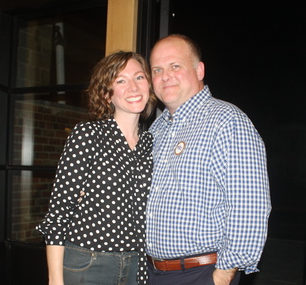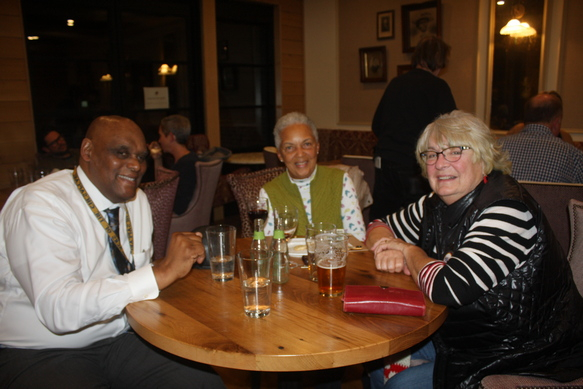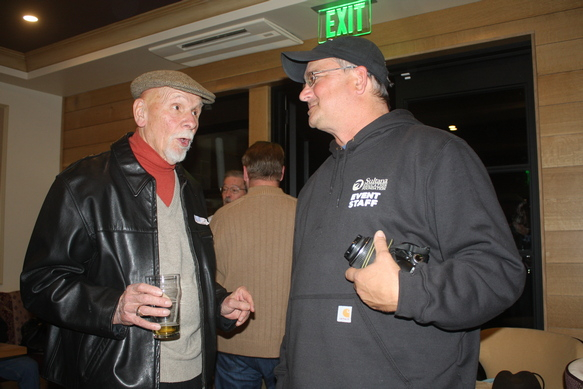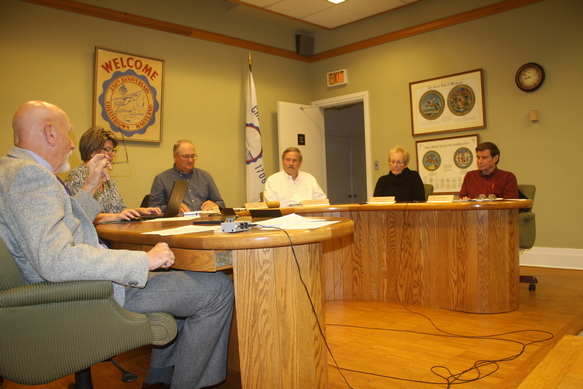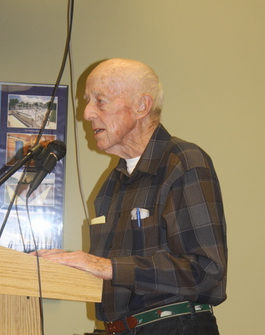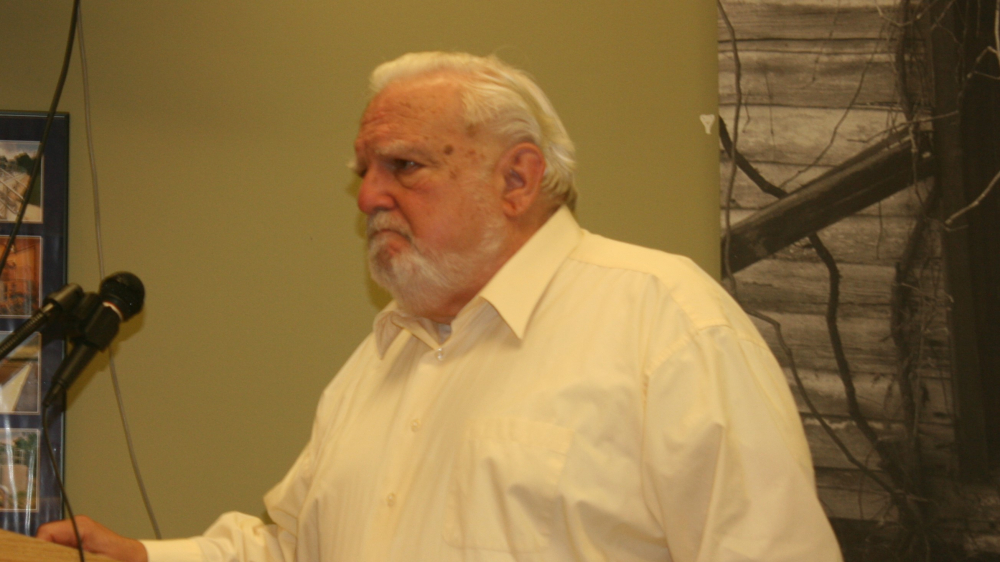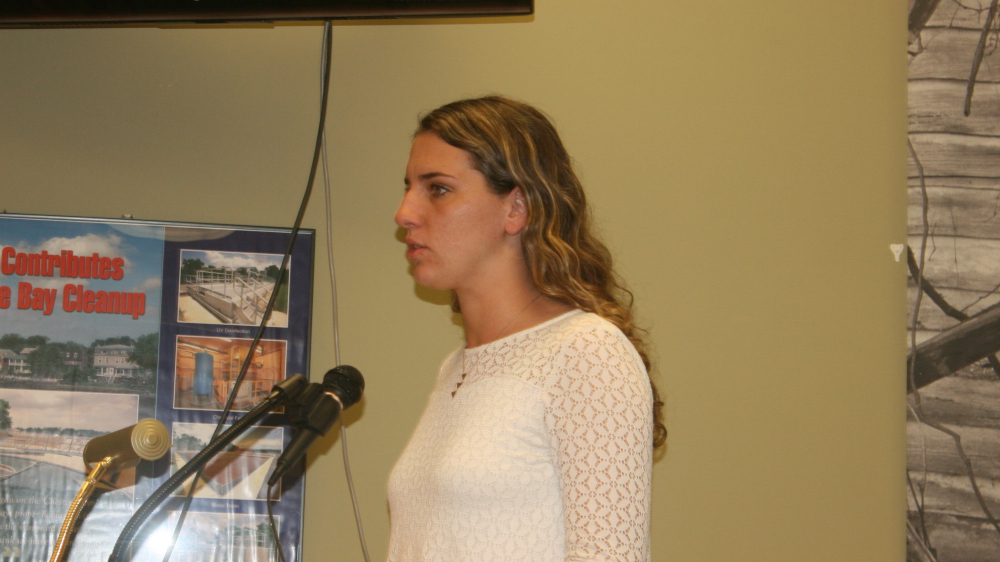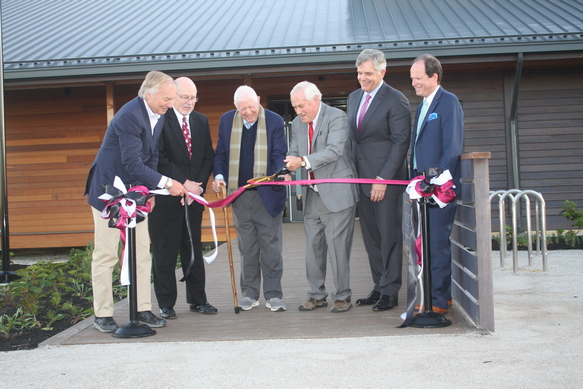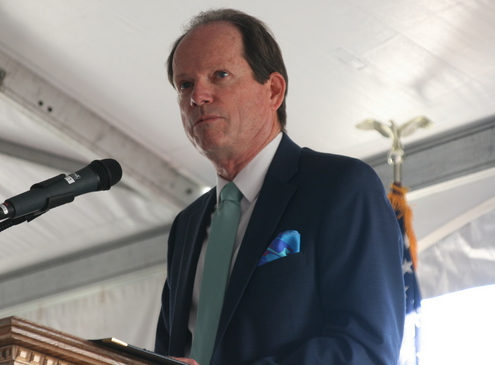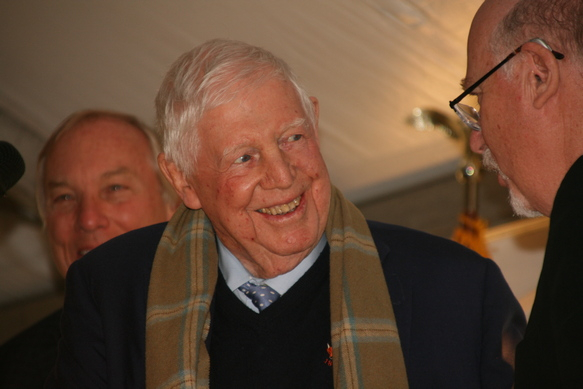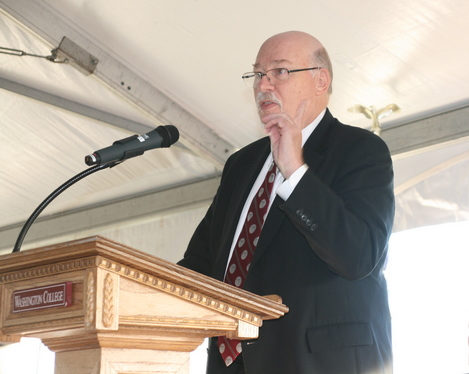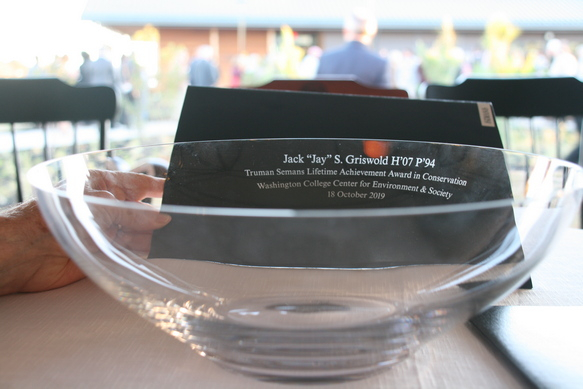Last week, students at Henry Highland Garnet Elementary School joined volunteers from the Chestertown Garden Club to
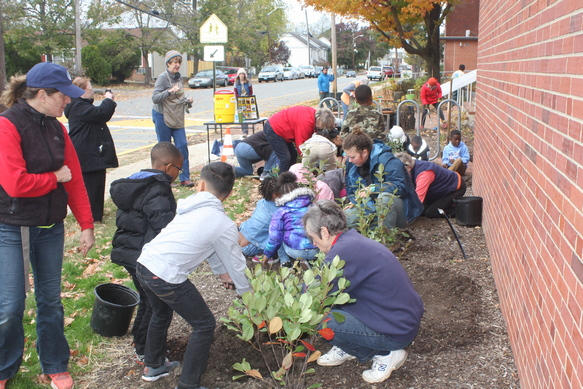
Garnet students plant blueberry bushes in the Good Seeds garden.
plant the Garnet Good Seeds garden. It was at the same time a break from classroom routine and a chance for hands-on experience in an exciting outdoor activity. And it gives the students a sense of ownership in a project that simultaneously beautifies the school grounds and benefits the natural environment.
The garden will be dedicated on Wednesday, Nov. 13 at 10 a.m. at the front of the school. The short ceremony will recognize community donors, sponsors, and volunteers who helped bring the project to fruition. The public is invited to attend.
The project, launched in January by the Garden Club along with Garnet parents and teachers, is designed to enhance the school’s curb appeal, visually connect the school to nearby downtown Chestertown, and foster pride of place among students, teachers, and residents. The name of the project comes from a quote by Henry Highland Garnet, the Kent County-born abolitionist and preacher for whom the school is named: “In every man’s mind, the good seeds of liberty are planted.”
Among the native plant species now growing on the Calvert Street side of the school are persimmon, oak and magnolia trees, shrubs such chokeberry and blueberries, native grasses, and culinary and medicinal herbs. A pollinator garden will provide nourishment for bees and other helpful insects. The garden will be coordinated with the schools’ environmental literacy curriculum, offering living examples of the ideas being taught. Landscaping by Miles Barnard of South Fork Studio includes winding paths and boulders and tree stumps for seating. Two elegant wooden benches by Vico Von Voss flank the school’s main entrance, which has been enhanced by the installation of a ceramic compass rose bearing the school’s name on the sidewalk. See the photo below.

Jayla and Camari with Carolyne Grotsky, chair of Good Seeds Garden committee

Charlotte and Samiyah, kindergarten students, help with the planting. — Photo by Jane Jewell
Local businesses have donated parts of the project, as well. Dixon Valve and Coupling donated the irrigation system, Shore Rivers sponsored a rain garden on one side of the school, and the town of Chestertown donated bricks for the sidewalk at the main entrance. The trees, which were donated by Judge Anthony of Bartlett Trees, were planted on Saturday. The Garden Club donated $5,000 to jump-start the project, and club members will maintain the plantings. All in all, it’s a real community project – exactly the kind of thing Garnet himself would have been proud of.

Students and volunteers at work in the Good Seeds garden at Garnet Elementary School

Students & volunteers help plant the Good Seeds Garden at Garnet.

Chair of the Good Seed Garden committee Carolyne Grotsky (left) leads second-grade students on a tour of the Good Seeds garden. — Photo by Peter Heck

Ceramic compass rose in front of the main entrance to the school will help students learn their directions.

Garden Club volunteers and Garnet parents pose for a group picture during a break from planting

Garden path along the Calvert Street side of Garnet Elementary School.

Pathways along the garden.

Becky Taylor with 2nd-grade students Calib and Grayson who planted high-bush blueberries. — Photo by Jane Jewell
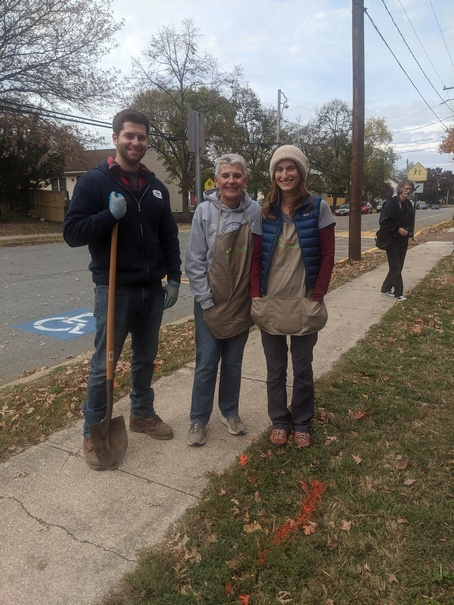
Ethan LaLumia of Shore Rivers; Carolyne Grotsky, chair of the Good Seed Garden committee; Darran Tilghman, volunteer & parent of Garnet student.
Photos by Jane Jewell & Peter Heck
###



